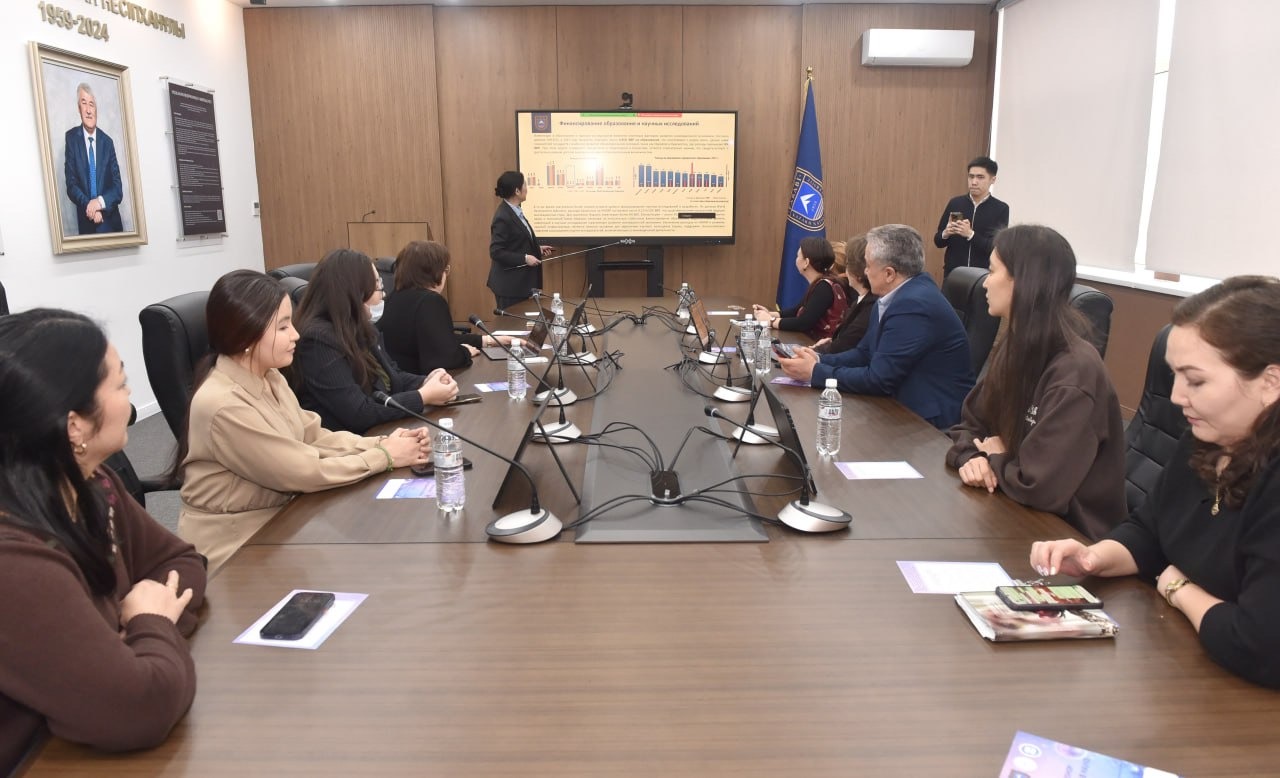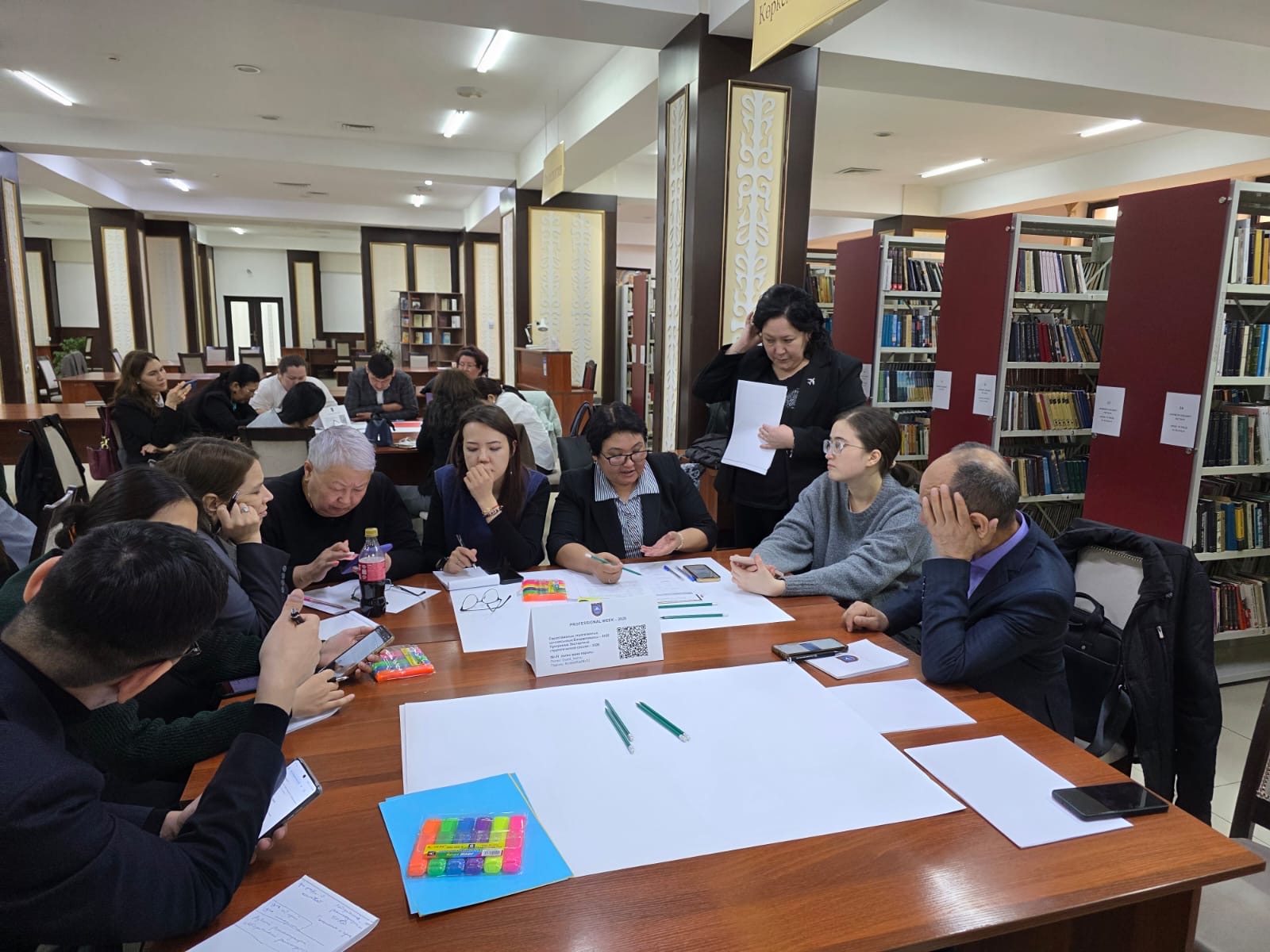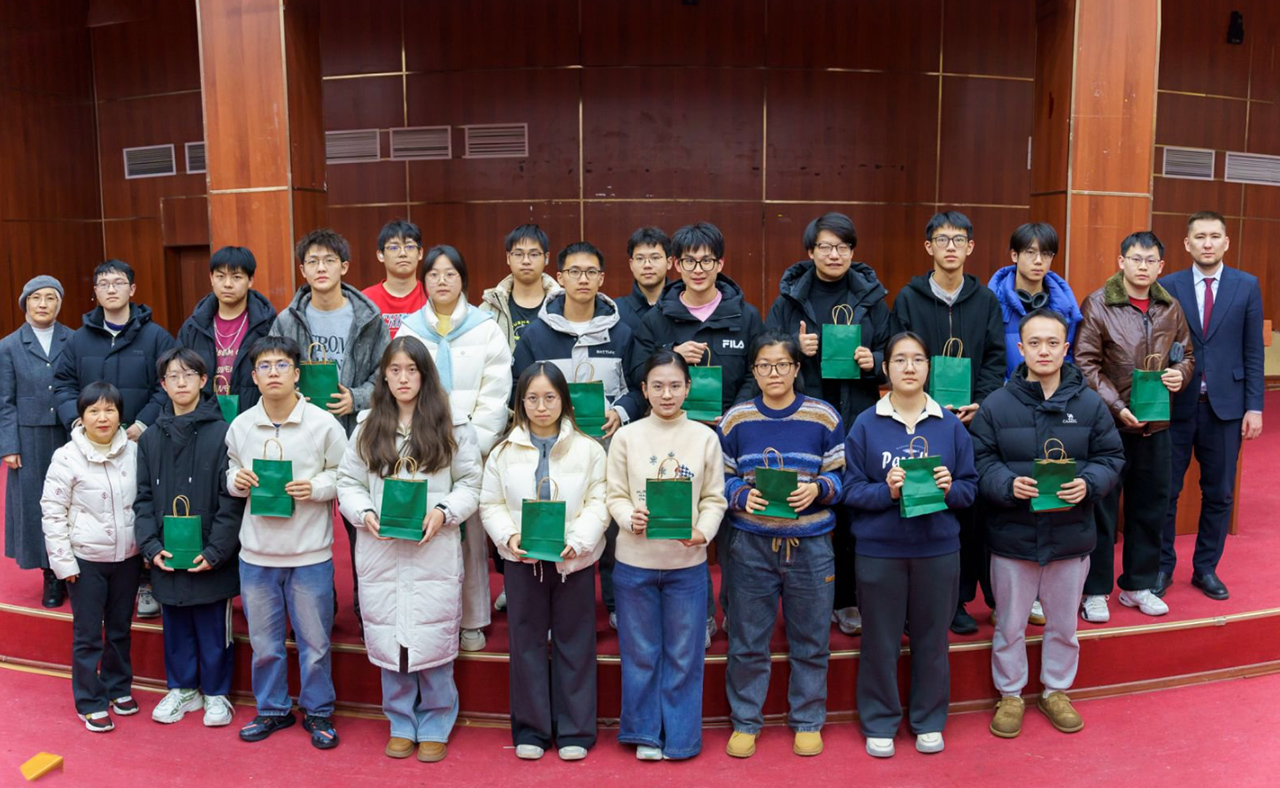- Main
- News
- Delegates of Al-Farabi KazNU, together with the Minister of Tourism and Creative Economy of Indonesia, Mr. Sandiago Uno, took part in planting mangrove trees at the UN conference in Benoit
Delegates of Al-Farabi KazNU, together with the Minister of Tourism and Creative Economy of Indonesia, Mr. Sandiago Uno, took part in planting mangrove trees at the UN conference in Benoit
As part of the 2nd UN Regional Tourism Conference held in Benoit, a delegation from Al-Farabi Kazakh National University, in collaboration with the Ministry of Tourism and Creative Economy, took an active part in an environmental initiative to reduce its carbon footprint. In particular, mass planting of mangrove trees, known for their ability to effectively absorb carbon dioxide, was organized.
The event is dedicated to discussing and implementing measures to combat climate change, focusing on practices for restoration and conservation of mangrove forests as a critical element of marine ecosystems. Mangroves play a key role in improving water quality, protecting coastlines from erosion, and maintaining biodiversity of marine species.
Participation in such events underlines our commitment to the principles of sustainable development and the need for joint action to protect our planet.
The initiative also supports global efforts to achieve the UN Sustainable Development Goals, especially in the context of combating climate change and promoting the sustainable use of marine resources. Planting mangroves directly contributes to a number of sustainable development goals, including Goal 13 (Climate change), Goal 14 (Conserve and sustainably use oceans, seas and marine resources) and Goal 15 (Conserve terrestrial ecosystems and use their resources sustainably).
This event not only highlights the importance of international cooperation and cross-sector collaboration in achieving environmental sustainability, but also highlights the role of education and research in promoting an environmentally aware society. Organizers and participants hope that such actions will encourage other regions and countries to step up their efforts in climate adaptation and environmental sustainability.
The conference also includes panel discussions, work sessions and master classes where scientists, policy makers, private sector representatives and NGOs can exchange experiences and best practices on the implementation of sustainable technologies and natural resource management practices.



